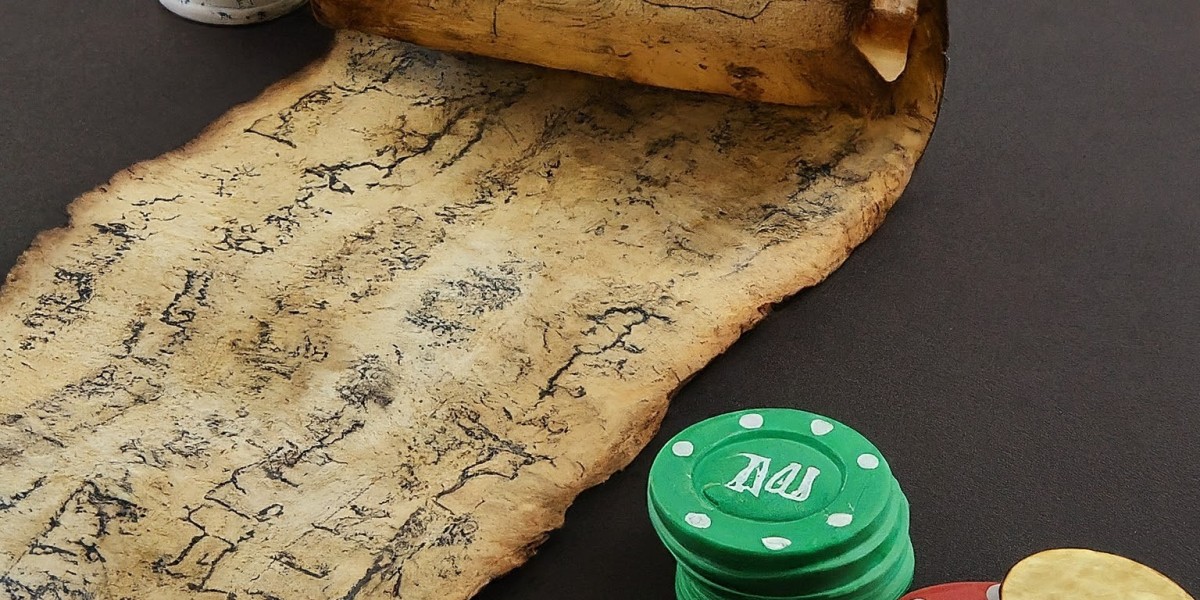India, a land rich in cultural heritage, has a long history of games that have evolved over centuries. From ancient board games like Pachisi to modern gambling phenomena such as Satta King, the transformation of Indian games reflects the dynamic changes in society, technology, and entertainment preferences. The journey from traditional to modern games in India is not just a testament to the country's adaptability but also a reflection of the underlying cultural shifts that have taken place over time.
The Origins: Traditional Indian Games
Pachisi: The Royal Game
Pachisi, often referred to as the national game of India, is believed to have originated around the 4th century AD. Played on a cross-shaped board with cowrie shells as dice, Pachisi was a game of strategy, skill, and chance. The game is closely associated with Indian royalty, with historical records indicating that emperors like Akbar played it with human pieces on giant outdoor boards.
Pachisi is not only a game but also a cultural symbol, representing the tactical acumen and strategic depth valued in Indian society. Its modern version, Ludo, has gained global popularity, showcasing the timeless appeal of this ancient game.
Gilli Danda: The Rural Favorite
Gilli Danda, another traditional game, has been a rural favorite for centuries. Played with two sticks – a long one called the danda and a shorter one called the gilli – the game involves hitting the gilli with the danda and then running to score points. Gilli Danda requires agility, precision, and teamwork, making it a cherished pastime in Indian villages.
The simplicity of Gilli Danda, along with its minimal equipment requirements, has allowed it to remain popular despite the advent of more modern games. It continues to be a symbol of rural India's enduring love for traditional sports.
The Transition: Colonial Influence and Modern Adaptations
Chess: An Ancient Game's Global Dominance
Chess, or Chaturanga as it was originally known in India, is another classic game that has evolved significantly. Originating in India around the 6th century AD, it spread to Persia, and from there to the rest of the world. The game's transition from Chaturanga to modern chess showcases India's contribution to global intellectual games.
Chess has seen a resurgence in popularity in recent years, with India producing several world-class grandmasters. The game's strategic depth and intellectual challenge continue to captivate players of all ages.
Cricket: The Colonial Legacy
The British colonial period brought cricket to India, a sport that has since become a national obsession. Introduced in the 18th century, cricket quickly captured the imagination of the Indian populace. The establishment of the Board of Control for Cricket in India (BCCI) in 1928 marked the beginning of India's organized cricketing journey.
Cricket's transformation in India has been phenomenal, with the Indian Premier League (IPL) becoming one of the most lucrative and popular cricket leagues globally. The sport's ability to adapt and evolve with changing times has ensured its continued dominance in the Indian sports landscape.
The Modern Era: Digital Games and Gambling
Video Games: The Digital Revolution
The advent of the internet and smartphones has revolutionized gaming in India. Video games, ranging from simple mobile games to complex multiplayer online games, have become immensely popular. The rise of gaming platforms like PUBG, Free Fire, and Fortnite has created a vibrant gaming community in the country.
E-sports, a competitive form of video gaming, has also gained significant traction. With substantial investments and growing viewership, e-sports in India is poised to become a major industry, providing new opportunities for gamers and developers alike.
Satta King: The Modern Gambling Phenomenon
Amidst the digital revolution, gambling has also found a new lease of life. Satta King, a modern betting game, has become a significant part of the Indian gambling scene. Originating from traditional forms of betting like Matka, Satta King involves betting on numbers and has gained widespread popularity due to its simple rules and the potential for substantial rewards.
Despite being illegal, Satta King continues to thrive, largely due to its clandestine operations and the allure of quick money. The game's popularity underscores the persistent appeal of gambling in Indian culture, even as the country grapples with the legal and ethical implications.
Conclusion: A Rich Legacy and a Dynamic Future
The evolution of games in India, from Pachisi to Satta King, highlights the country's rich cultural heritage and its ability to adapt to changing times. Traditional games continue to be cherished, while modern games and digital platforms have opened new avenues for entertainment and competition. As India moves forward, the legacy of its traditional games and the dynamism of modern innovations will continue to shape the landscape of gaming in the country, reflecting the diverse and ever-evolving spirit of India.



